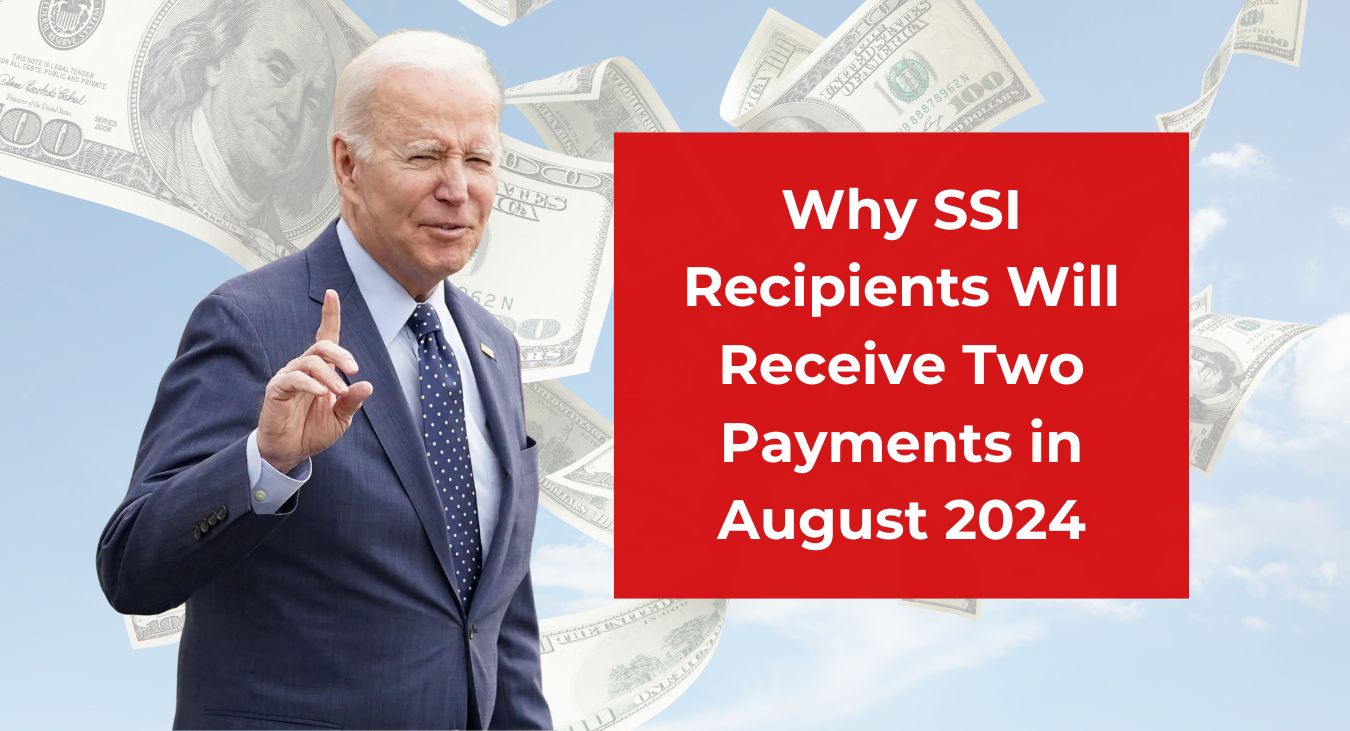Social Security scams are a growing problem in the United States, especially when millions of retirees receive their checks. As a result, the Social Security Administration (SSA) has announced a series of recommendations to protect beneficiaries from fraud, since any loss may affect retiree’s paychecks. According to the SSA, criminals continue to imitate them and other government agencies to obtain personal information or money. Scammers may contact you via phone, email, text message, or social media, claiming to be from the Social Security Administration or the Office of the Inspector General.
However, beneficiaries should be aware that, for business-related purposes, Social Security employees make phone calls to members of the public. In most cases, the agency calls those who have requested a call from the agency, are already receiving payments and need an update to their record, or have applied for monthly benefits recently. The Social Security Administration will usually mail a letter if there is an issue with an individual’s SSN or record.
Which are the known tactics scammers use?
Scammers regularly modify their strategy, coming up with fresh tricks and messaging to deceive consumers. By following Social Security on Facebook, LinkedIn, and Twitter, or by signing up to get email alerts, we invite you to be informed about the most recent developments and advisories. These are warning signs; you can bet that Social Security will never:
- Threaten to have you arrested or face legal action if you do not agree to pay the money right away.
- Get your SSN suspended.
- Say that to receive a cost-of-living adjustment (COLA) or other benefit increase, you must provide personal information or payment.
- Put pressure on you to divulge personal information and take urgent action.
- Request payment using gift cards, wire transfers, prepaid debit cards, cryptocurrency, or mailed cash.
- Make threats to take your money from you.
- Offer to transfer your funds to a bank account that is “protected.”
- Request confidentiality.
- Send you a direct social media message.
Additionally, fraudsters use vocabulary and pictures related to Social Security to construct fake social media pages and accounts. This gives them the appearance of being connected to or approved by Social Security. Officials from the agency, Social Security, and OIG may be listed on the fictitious pages. Then, the user is requested to submit financial information, an SSN, or other sensitive information. Because these channels are not secure, the SSA would never request sensitive information through social media. Here are some ways to spot a fake site:
- The number of followers.
- Incorrect punctuation and spelling.
- Links to pages not found on ssa.gov.
- Advertisements for forms and other SSA documents.
- An incorrect social media handle. Visit www.ssa.gov/socialmedia to find a list of official SSA social media channels.
Remember that reproducing federal employee identification cards and law enforcement badges is illegal. Federal law enforcement agencies and federal employees will never send photos of credentials or badges in exchange for payment of any kind.
Advice from Social Security to avoid scams
Defend your family, friends, and yourself if you come across any dubious call, text, email, social media communication, or letter purporting to be from Social Security:
- Remain calm. If you receive a message that causes a strong emotional response, take a deep breath. Talk to someone you trust.
- Choose to ignore the message or hang up the phone, and do not click on any attachments or links.
- Protect your money. Scammers will insist that you pay with a gift card, prepaid debit card, cryptocurrency, wire transfer, money order, or by sending cash. Due to their difficulty in being tracked down, scammers utilize these payment methods.
- Protect your personal information. Be wary of anyone who claims to be from a government agency or law enforcement and tells you about a problem you don’t recognize, even if the caller has some of your personal information.
- Get the word out to keep scammers out of your community.
-
US Government Announced $1,900 Monthly Checks for Seniors on Social Security, SSI, and SSDI

In a significant move to support seniors and other vulnerable groups, the U.S. government has announced a plan to provide $1,900 monthly checks to individuals receiving Social Security, Supplemental Security …
-
Understanding the $1800 Retroactive Checks – What You Need to Know

In 2024, the concept of $1800 retroactive checks has garnered significant attention, primarily due to legislative changes and government initiatives aimed at providing financial relief to American families. This article …
-
Why SSI Recipients Will Receive Two Payments in August 2024

In August 2024, recipients of Supplemental Security Income (SSI) will notice an unusual occurrence: they will receive two payments within the same month. This isn’t an error or a bonus; …